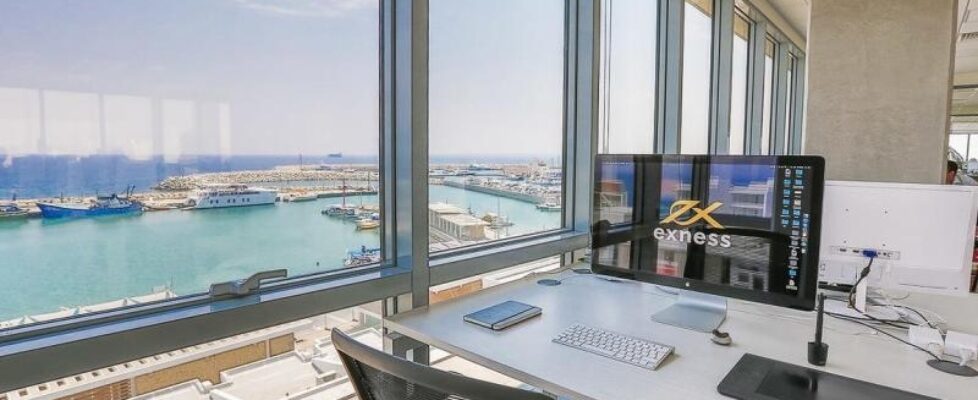Out of Office: Exness Gives All Employees a Paid Week Off
The following is a guest editorial courtesy of Valentina Kirilova, Content Writer at Exness.
It’s safe to say that it’s been a tough year for everyone. Working from home while juggling the other challenges of lockdown has led to longer working hours and taken a serious toll on office workers across the globe. That’s why multi-asset broker Exness has decided to tackle the problem head-on, giving all full-time employees a paid week off to recuperate.
The move was met with a swell of gratitude from the company’s 1,000 employees, who will enjoy a week away from their screens starting from April 28, leaving only essential services running and a skeleton staff on call to keep things ticking over.
Preventing burnout
“With all our priorities and mounting pressure, I know it’s been difficult for people to take holidays without disruption. Our whole team has worked hard since the beginning of the year, and we have more ambitious plans ahead,” says Petr Valov, Exness CEO.
“We care about our people’s health and want to prevent burnouts, which is why the management team has decided to give all employees a whole week off. We all deserve some well-earned rest,” he adds.
This isn’t the first action Exness has taken to combat the growing scourge of corporate burnout. Since the broker sent its staff to work from home in March 2020, it has provided resources and equipment – from laptops and desk chairs to exercise equipment – to help its workers cope with the transition. Paid food deliveries were also a daily occurrence during the hard lockdown, giving staff time away from the stove and more time with family.
Mental health has been at the forefront of these efforts with initiatives introduced to coach managers on how to better support workers dealing with pandemic-related stress, as well as online mental health resources for all employees.
Similar actions are spreading across the corporate sector as employers struggle to quickly adapt to a work environment in which workers can easily feel isolated and exhausted.
In September, Google surprised its staff with a day off for “collective wellbeing” to deal with burnout. Facebook allowed workers to take the entire week off for Thanksgiving. And LinkedIn recently gave its 15,900 full-time employees a paid week of leave.
Corporations are learning all too quickly the old adage that a happy workforce is a productive workforce. A 2018 Gallup study found burned-out employees are 13% less confident in their performance and 63% more likely to take a sick day. They are also 2.6 times more likely to actively seek a different job, driving up turnover rates at affected companies. And the costs add up. Harvard Business Review estimates American companies alone spend $125 billion to $190 billion on annual healthcare costs due to workplace burnout – and that was before the pandemic.
But there is good news for those who seek it. Fortunately, burnout can be prevented if companies provide the tools to address workplace stress.
That’s where a strategy like Exness’ can make a big difference to employees’ wellbeing and help to reduce stress, decrease absenteeism, and improve productivity.
Back to the office
As vaccination rates continue to climb, a return to the office is finally on the horizon for many. After the lessons of the last 12 months, Exness’ return to the office will be a little different. The company has committed to flexible working schedules meaning workers can choose to come to the office, work from home, or enjoy a hybrid model to get the best of both worlds. The aim is to help employees bridge the gap between work-from-home and office life while also providing a better work-life balance.
But for now, Exness employees look forward to a week away from their laptops and the chance to reconnect with life without Zoom meetings.






Anonymous
April 27, 2021 @ 3:53 pm
1
Anonymous
April 28, 2021 @ 5:39 pm
4.5
Anonymous
October 15, 2021 @ 7:52 pm
5